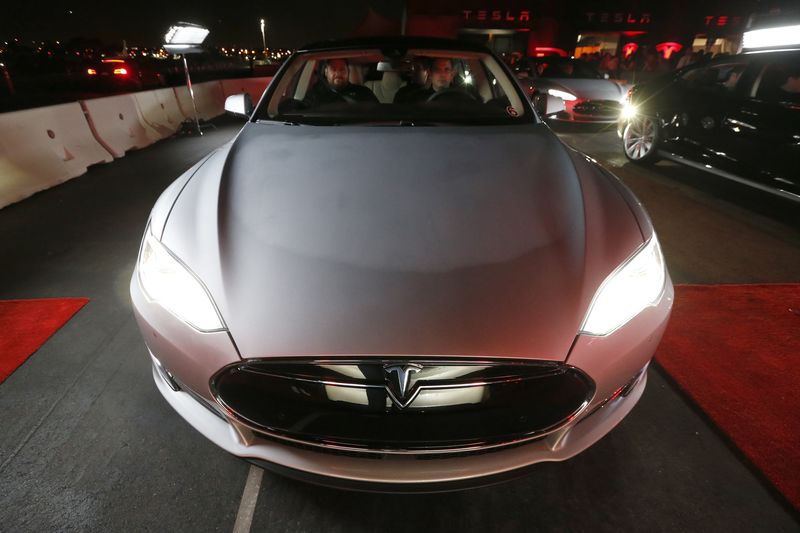This post was originally published on this site
https://i-invdn-com.investing.com/news/LYNXNPEA9907F_M.jpg
The decision to skip the merit-based stock awards marks a significant shift for Tesla, known for integrating equity into its compensation package. Typically, Tesla’s annual performance reviews include both salary adjustments and stock grants, with equity playing a vital role in employee remuneration. CEO Elon Musk has emphasized the significance of stock ownership for employees, leveraging it to maintain high total pay while conserving cash, which he believes has been instrumental in thwarting unionization efforts. The absence of a clear rationale for this change raises questions about whether it represents a temporary adjustment or a more fundamental shift in Tesla’s compensation philosophy.
Market Overview:
-Tesla (TSLA.O) stuns employees by scrapping annual merit-based stock awards, marking a shift in compensation strategy.
-The move comes amidst economic worries and unionization efforts gaining traction in the auto sector.
-Cost-of-living adjustments and some stock refreshers offered, but overall compensation package shrinks.
Key Points:
-Tesla’s decision disrupts its long-standing emphasis on equity as a core component of employee pay.
-The shift raises concerns about employee morale and potential unionization drives, particularly following the UAW’s organizing push.
-While base salaries and cost-of-living adjustments remain, the absence of merit-based stock awards could dampen employee long-term commitment.
-Musk’s economic anxiety and focus on cost-cutting likely influenced the decision, highlighting broader market uncertainties.
Looking Ahead:
-Tesla’s long-term compensation philosophy under scrutiny as the company navigates economic headwinds.
-Employee reaction and potential unionization efforts will be closely watched in the coming months.
-Tesla’s future success hinges on balancing cost control with talent retention and maintaining a motivated workforce.
-Further clarity on the reasons behind the decision and future compensation plans is crucial for investors and employees alike.
Tesla’s approach to compensation, particularly its emphasis on equity awards, has been a key factor in attracting and retaining talent. Employees are typically offered a combination of a base salary and stock grants, with the latter vesting over four years. This structure encourages long-term commitment to the company, as leaving early means forfeiting substantial potential earnings. However, this year’s change, even for high-performing employees, has removed this significant incentive component, at least temporarily.
This shift in compensation strategy coincides with Musk’s expressed concerns about the global economy and the challenges it poses for Tesla. He has criticized the U.S. Federal Reserve’s high interest rates and expressed worries about sectors like commercial real estate. Tesla’s CFO, Vaibhav Taneja, echoed these sentiments, emphasizing cost-cutting efforts in navigating these economic challenges. The company’s decision to forgo merit-based stock awards could be seen as part of this broader strategy to mitigate financial risks in a tumultuous economic landscape.
This article was originally published on Quiver Quantitative

